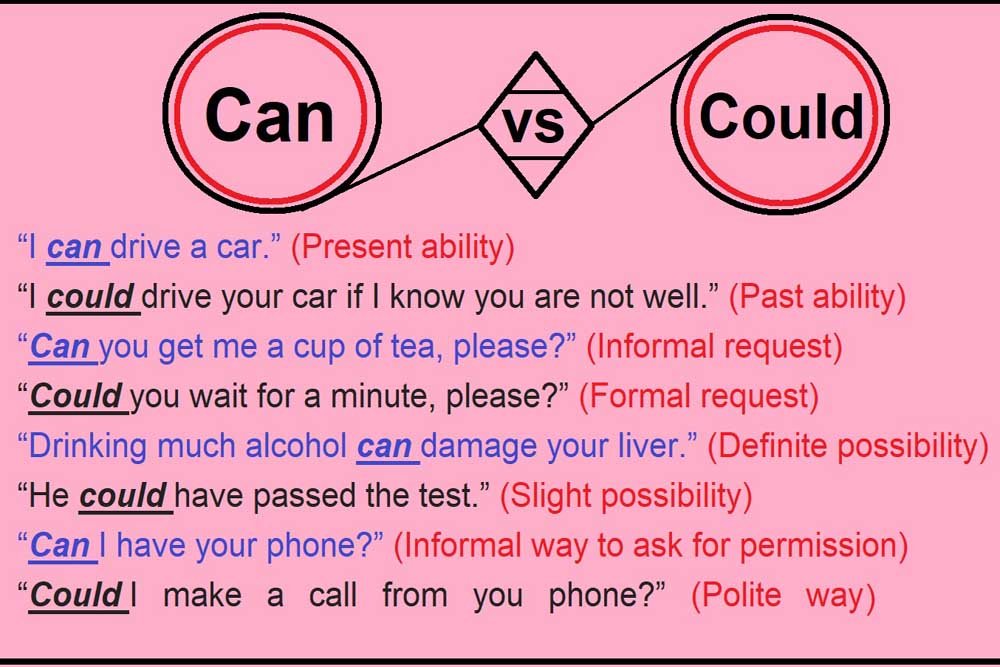Auxiliaries (Sometime auxiliary verbs or helping verbs) are one of the types of verb in English grammar. Auxiliaries are basically …
Grammar
When ‘g’ Gives /g/ Sound and When ‘g’ Gives /j/ Sound
Like the letter c, which does not have its own sound but we use it for the sounds of k and s and has no …
The use of ‘ge’ and ‘dge’ at the end of a word to create /j/ sound
The rules regarding sound of the letter ‘g’ in words are complex. Some words comply with e, i, and y …
Difference between Lose, Loose, Loosen, Loss and Lost
Difference between Lose, Loose, Loosen, Loss and Lost Lose, loose, loosen, loss and lost are very easy to confuse. They seem …
Difference Between Can and Could | Modal Verbs
Can and could are modal verbs and we use them with main verb to elaborate the function and meaning of …
Main Differences Between Colon and Semicolon
Colon vs Semicolon Colon and semicolon are confusing punctuation marks in English grammar and some time student get stuck to …
When ‘c’ gives sound of /s/ and when ‘c’ gives sound of /k/?
Sometime readers become confused to pronounce some word because of similar sound. Same is the case with the sound of …
Capitalization Rules in English language
Capitalization Rules in English language are a little complex compared to other language writing systems. Capitalization is the way of …
Punctuation Marks in English Grammar
Punctuation marks in English grammar are the marks to show some special category of a sentence e.g., interrogative sentences are followed …
Definition and Types of Word
Definition of the Word A word is a speech sound or a combination of sound having a particular meaning for …






